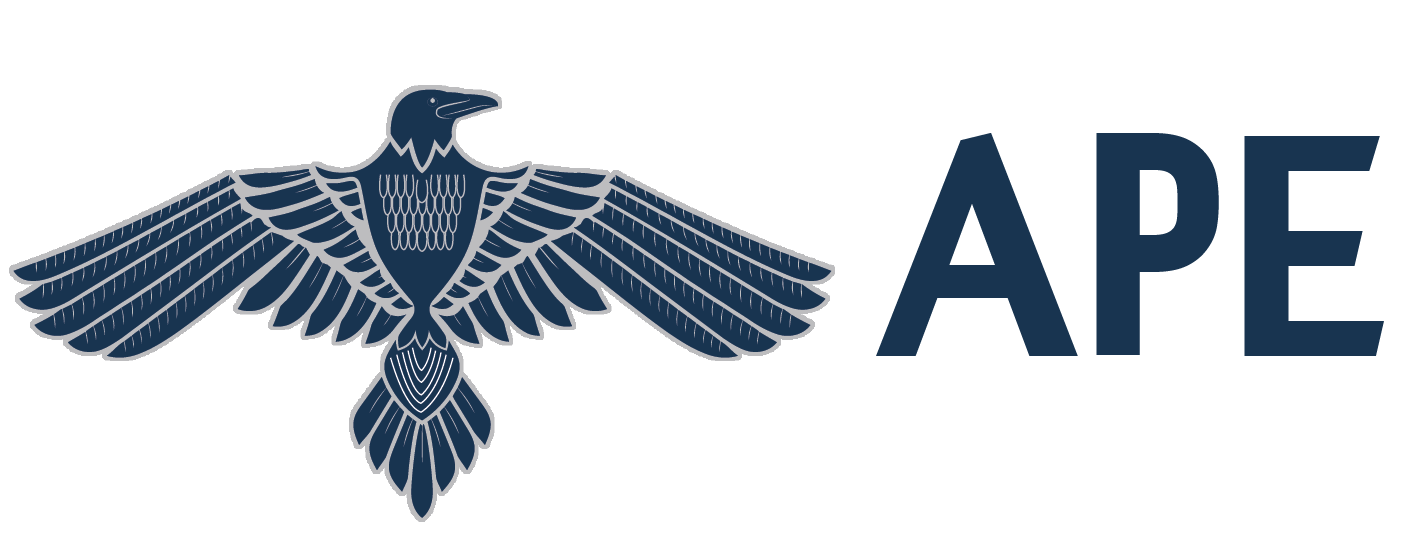Uncategorized
Planning for Future Virus Outbreaks – What Have we Learned?
Coronavirus has certainly played its part in upending the stability and normality of 2020, and certainly will remain doing so for quite some time. It is these types unplanned and chance worldwide events which cause extreme disruption and are difficult to plan for. Nobody could have seen this coming. However, as compos mentis individuals, we can understand that we can learn from past mistakes and successes in order to plan for the future. One of the most criticised faux-pas of the British government was the indecisive nature to formalise a nationwide decision to lockdown at the end of March. This left many British citizens with a diminished respect for the government authority due to the potential unnecessary deaths it may have caused.
There are many criticisms over different decisions which have been made over the course of the pandemic. Not just the British government, either. It’s no secret that the US government has posed some questionable tactics. This leads many of us to think: ‘What would we have done differently?’ A good question. None of us really know what would happen and how we would act if put in that position. As citizens, business owners, stakeholders, planners, and engineers, we can take control and begin to mitigate problems such as future pandemics, climate change, fires and damage caused by negligence.
It is the role of planning engineers to prepare for and prevent these issues and risks as much as possible. What are the notions we can take from the coronavirus pandemic, and other pandemics for that matter, and apply them to future projects going forward?
Always have a contingency plan
It’s vital to have a contingency plan when constructing a project. The purpose of such is to make sure risk management features are taken into account. Here at APE we know that planners must have a backup plan at all times. As they say: ‘you can plan to fail if you fail to plan’. Contingency planning is important for evaluating possible scenarios that may completely derail or interrupt projects; something which people will be familiar with after the last few months. We can expect extra time and focus being put into contingency plans moving forward, since no firms want to be left without backup if things go awry. Risks have always been an important part of planning. Even more so with the volatility of the environment and economy at the current time. Being prepared is vital.
Be thorough in your analysis
This goes without saying, but it’s important to reiterate how vital attention to detail is in even the smallest of projects. Giving room for error is where many managers meet complications down the line. Triple checking your plans and documents for any hint of a mistake is a key way to help prevent you or your colleagues falling short and leaving elements of a project incomplete, delayed or irreparable. Crisis plans are vital in 2020, with organisations around the globe needing to adapt to the unpredictability of the world.
Prepare with upgraded digital infrastructure
Many employees around the globe have had to adapt in recent months to working from home. Planning for future virus outbreak will include preparation and implementation of digital infrastructure such as internet and cyber security, working from home or remotely will be much easier. Increased security is vital for firms who are planning to work remotely for the foreseeable future, since overheard conversations, unsecure Wi-Fi networks and potential data breaches can be detrimental to any company. In this sense, upgrading digital infrastructure is a great way to prevent security issues, as well as helping to increase productivity.
Use competent scheduling and planning software
While this point may be obvious, many project planners do not use software best suited for them. They often use the software which the firm is familiar with using or whatever their predecessor implemented. It’s important to use software which works for your projects and you can use efficiently to increase your productivity. Project and planning managers will be very familiar with preparing scopes, delegating tasks and producing risk management plans – these are all tasks that are best formatted in digital software which can be integrated with employees. The tricky part is finding out which software works best for you and your team. Have a look at our 7 Project Management Tools for some inspiration if you’re looking to upgrade your management methods.
Lessons learned
As with all good planners, it is important to reflect on the issues and successes of the project. This reflective and evaluative process will be undertaken at the end of the project in order to see where areas can be improved for future development. This is a crucial stage to learn and advance as a company in order to prevent future mistakes and pitfalls. As a business, you must continually be seeking improvement for your employees and your customers for the best outcomes. Finding lessons from each project is a valuable task for both employees and stakeholders – you can evaluate areas of weakness and improvement.
In terms of the Covid-19 outbreak, it is safe to say that plans sometimes need to be amended and adjusted as situations develop. The coronavirus pandemic is an excellent example of adaptation and widespread social change in order to provide a positive outcome. Thousands of individuals around the world have had to adapt to new ways of life, in light of government plans and guidelines which they have chosen to trust. This immense authority is a blessing and a curse, meaning, authority can be lost or gained in an instant with poorly executed or successful motives.
Learning to reschedule, adapt and reflect is vital in the planning industry. If you haven’t already considered membership with us, you might find that your career and personal development will both benefit from our exclusive memberships. Throughout your membership with us, you’ll receive exclusive development tools, access to CPD resources, free lectures and seminars and worldwide networking events. These traits will even help you in planning for future virus outbreaks, among other things. Become the best planner you can be with APE.

